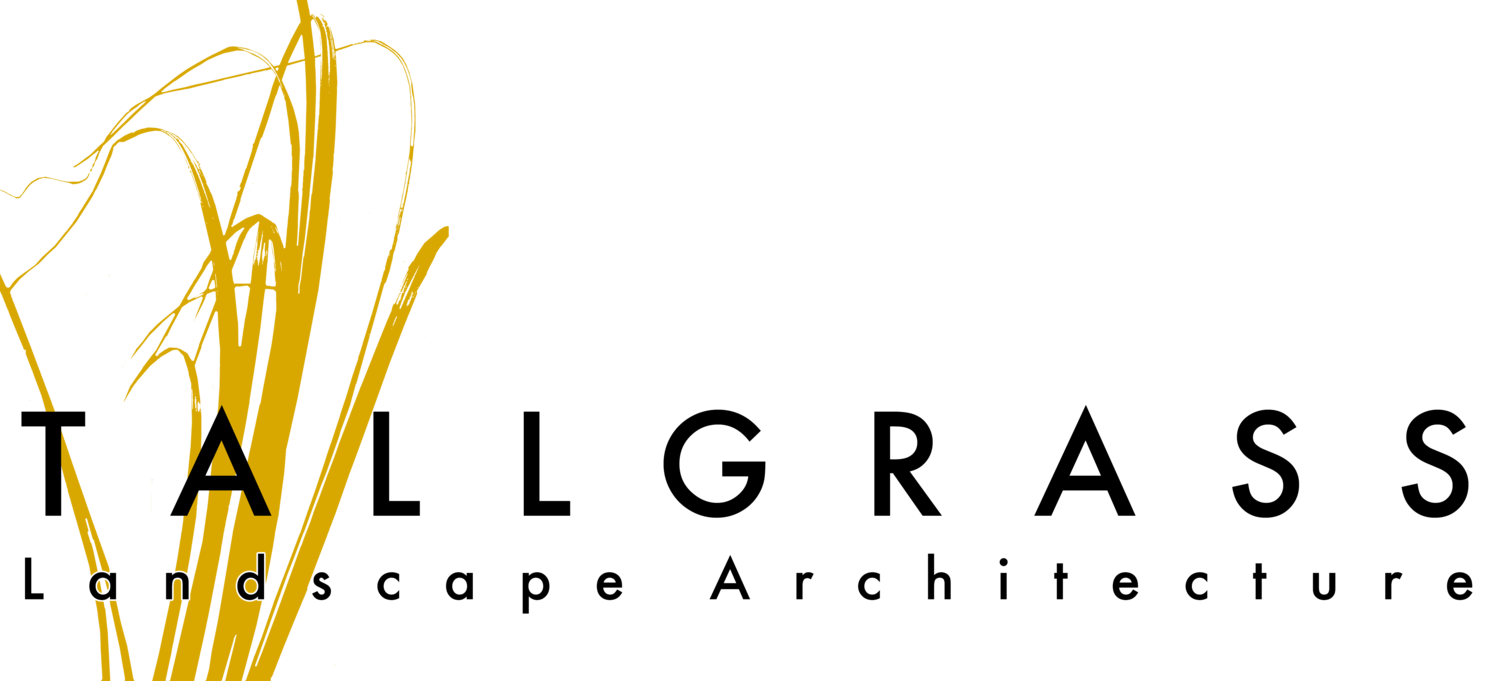Matt was a guest on a Dakota Resources Learning Network webinar and shared a bit about being the advocate for change in your hometown community. He suggested that "You are the Encourager" in your town and that your actions are noticed by others in your community. Your actions make a difference! Be an agent of change!
Here's what that presentation looks like in a visual sense captured by our friend and amazing artist Graphic Facilitator Jamie Horter:
Thanks Jamie!
Here’s the toolkit exercises Matt presented, based on work in Custer over the years:
Elevations: Take pictures along main street, every façade, street, and alley. Make a continuous elevation of your town via photograph. Put it into Power Point and then share with your committee and talk about what you see. You’ll be surprised what your town looks abstracted to this kind of photograph. You’ll notice things you’ve missed in a town you may have lived in your entire life!
Clowns In a Car: Pile your peeps into a car. Drive out of town. Drive back into town. Look for when you arrive. What do you notice with fresh eyes? When do you know you’re in the middle of town? Where is the heart of town? What stands out? When do you lose the sense of the unique community?
Night Vibe: Take a walk at night to feel how your community works in the evening. Always in our car and we can forget how different the world feels at night.
Figures/Grounds: Towns are about relationships. The figure ground drawing will tell you about where the social interactions take place. We like enclosed spaces! Wide open spaces are not great for civic spaces, events, yes. But look for the spaces between buildings that are un programmed. That space is an opportunity! The lesson is that your buildings create the space in your community - the feel. If you are missing too many buildings the good feeling is diluted.
Identity Pinterest: What IS your community identity? A way we use to get at the many ways people describe their community is through images! Collect images, make a collage, put it up for comment and discussion at events. Images don’t need to be photographs of your town! They can be of anything that represents your town’s spirit! What do people like? Dot vote it up.
List out your events: The untold truth is that the venue is half, but the events make it work. What happens in a place is called the program. Your community needs all the events you can muster. Identify what your community is already doing. Celebrate those things – are they local? Allow others to add to each event. Welcome new ideas. Realize that not one entity will be the permanent home for any one community activity.
Captain Encourager: Be the force for good. The efforts of a few in communities make a real difference. It’s up to you. Spread good will and support. Your words mean a lot to others.
Cues to Care: Attention to small details indicate that a community is being taken care of by its members. Hanging flowers? Removing weeds from sidewalks / fence lines. Trash pickup. Flower beds. Streets swept.Fresh paint. Broken Windows. Empty buildings / empty lots. Befriend the maintenance guys. Be a stickler about this stuff!
Constantly Planning: Encourage every planning effort your community undertakes. Plans don’t always result in projects (right away). BUT! Planning creates a culture built around VISION. Planning builds Social Capital! Planning allows you to be ready when DOT comes with a street project. You might already know what you want from them. Hint: Your town needs more sidewalks and safe road crossings. So, hire designers. Community planning is the heart of democracy.
Ask! Yes, you can. You can ask for what you need. DOT? Sure! City Council? Yep. County Commissioners? Oh, yeah. You can ask. It at least let’s those folks know that you are looking for something.
Letting Go: Projects often take years. Don’t be discouraged if it seems like it is taking forever! You’ll get there.
Of course there was more, and it was an honor to talk with folks that Matt and Tanya have gotten to know from around the state. If you are a rural economic development professional, you should talk to Dakota Resources about how you can benefit from their rural networks and learning opportunities. And if you have any questions about this toolkit give Matt a call! Thanks to https://www.dakotaresources.org/ for asking us to participate. We’ll see you all soon!

